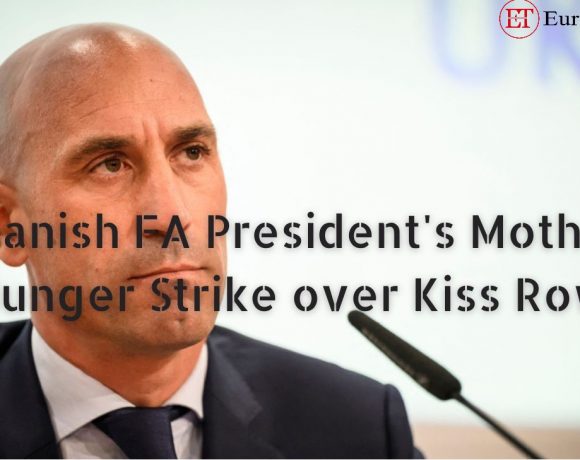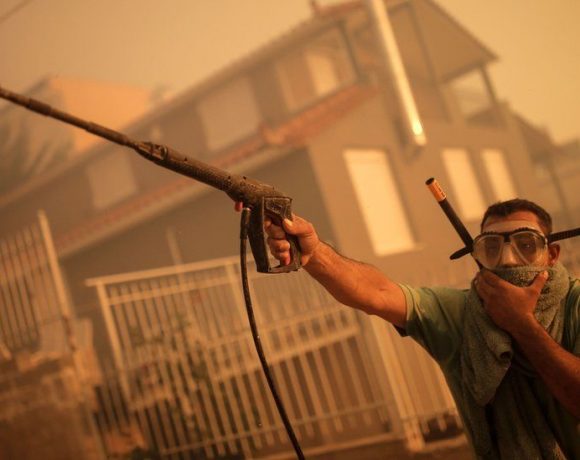
Significant rainfall has triggered major flooding across various parts of Spain, resulting in the issuance of maximum-level red weather alerts in regions such as Madrid, Toledo, and Cádiz. The torrential rain even forced the suspension of Sunday’s Atletico Madrid vs. Sevilla football match.
Residents in Madrid have been urged to stay indoors due to the unusually heavy and exceptional rainfall, with firefighters responding to 190 calls for assistance on flooded roads within the Spanish capital alone. The majority of the rainfall has concentrated in coastal areas around Cádiz, Tarragona, and Castelló.
In Castelló, on the eastern coast, flooding led to a daring rescue mission as firefighters saved a man trapped in his car, surrounded by waist-high floodwaters. In the northeastern city of Alcanar, Tarragona, where 215 liters of rain per square meter fell in a 24-hour period, people have been advised to avoid unnecessary travel.
Witnesses have described the harrowing scenes, such as Juan Carlos Penafiel, who recounted how residents had to use improvised ropes made from towels and bedsheets to rescue two young men stranded in his second-floor apartment as floodwaters rose. Debris and mudslides have affected Spanish roads, and many vehicles have struggled to navigate through the heavily flooded areas.
This extreme weather phenomenon is attributed to a slow-moving storm system known as a “depresión aislada en niveles altos” (Dana). Some train services have been canceled across Spain, and drivers are cautioned against using specific flooded roads in severely affected regions.
These weather events follow a scorching summer in Spain and southern Europe.









